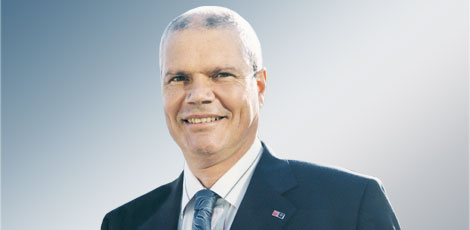TIACA welcomes step forward to single European sky
26 / 06 / 2013

THE International Air Cargo Association (TIACA) has welcomed the proposal by the European Commission (EC) to speed up the implementation of an integrated, modernised air traffic management (ATM) system.
Oliver Evans, TIACA’s chairman, states: “We welcome the enhanced performance targeting scheme. More stringent EU-wide targets for safety, capacity, cost-effectiveness and environmental performance are required in order to ensure real improvements in the efficiency of air navigation services across Europe.
“This must, however, be accompanied by appropriate incentives and legal penalties in order to ensure compliance with the performance targets and avoid Member States focusing solely on their own national interests.”
His comments follow more than decade of discussions, legislation and failed bids to bring the initiative to fruition.
“The proposal for greater flexibility and industry partnership in building the Functional Airspace Blocks should help create the basis for a more efficient air traffic management system. The completion of blocks should nonetheless be carried out within a realistic, yet ambitious, timeframe, with appropriate penalties for non-compliance,” advises Evans.
An ATM for Europe will enable more direct and efficient routing and taxi routes as well as eliminate wasteful hold-times in the air, states TIACA. Research suggests the ATM could improve fuel efficiency and carbon dioxide emissions by up to 12 per cent. IATA estimates that cutting flight times by a minute per flight on a global basis would save 4.8 million tonnes of CO2 every year.
“As air transport is a global industry, we believe the development of the single European sky should not take place in isolation, but rather that compatibility with other such schemes worldwide is required. This will ensure interoperability and greater efficiency at international level, and TIACA therefore urges governments to ensure that their approach to ATM systems be global in nature and reflect harmonised standards,” adds Evans.














